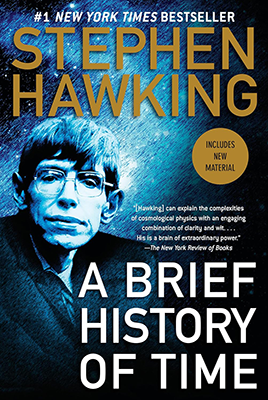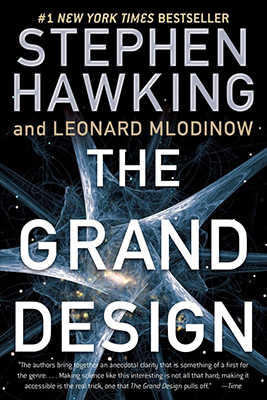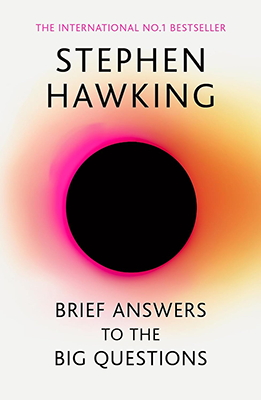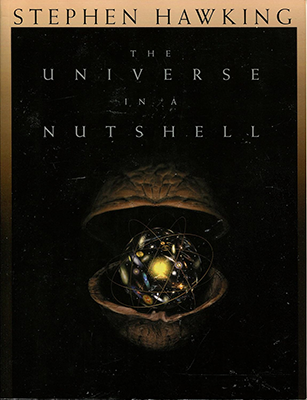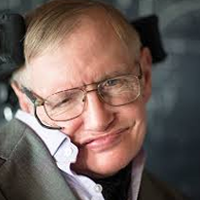
Stephen J. Hawking
Stephen Hawking, born on January 8, 1942, in Oxford, England, was a British theoretical physicist, cosmologist, and author, renowned for his groundbreaking contributions to our understanding of the universe despite battling amyotrophic lateral sclerosis (ALS), a motor neuron disease, for most of his life.
Hawking was raised in a family of intellectuals; his father was a medical researcher and his mother was one of the first female students to graduate from the University of Oxford. He showed an early interest in science and mathematics and attended University College, Oxford, where he studied physics and earned his bachelor’s degree in 1962.
In 1963, Hawking began his graduate studies in cosmology at Trinity Hall, Cambridge, where he focused on the study of black holes and the origins of the universe. It was during this time that he was diagnosed with ALS, a degenerative disease that gradually paralyzed him over the years, leaving him wheelchair-bound and reliant on a speech synthesizer for communication.
Despite his physical limitations, Hawking continued his research and made groundbreaking discoveries in theoretical physics, particularly in the fields of black hole physics, quantum mechanics, and the nature of space and time. His most famous work, “A Brief History of Time,” published in 1988, became an international bestseller and brought complex scientific concepts to a general audience.
Throughout his career, Hawking held academic positions at the University of Cambridge, where he was Lucasian Professor of Mathematics, a position once held by Sir Isaac Newton. He received numerous awards and honors for his contributions to science, including the Albert Einstein Medal, the Wolf Prize, and the Presidential Medal of Freedom.
In addition to his scientific work, Hawking was a popular figure in popular culture, making guest appearances on television shows such as “The Simpsons” and “Star Trek.” He also wrote several popular science books, including “The Universe in a Nutshell” and “Black Holes and Baby Universes and Other Essays,” which further cemented his reputation as one of the most influential scientists of his time.
Stephen Hawking passed away on March 14, 2018, but his legacy continues to inspire scientists, educators, and enthusiasts around the world. He is remembered not only for his groundbreaking contributions to theoretical physics but also for his resilience, humor, and ability to communicate the wonders of the universe to a wide audience.

